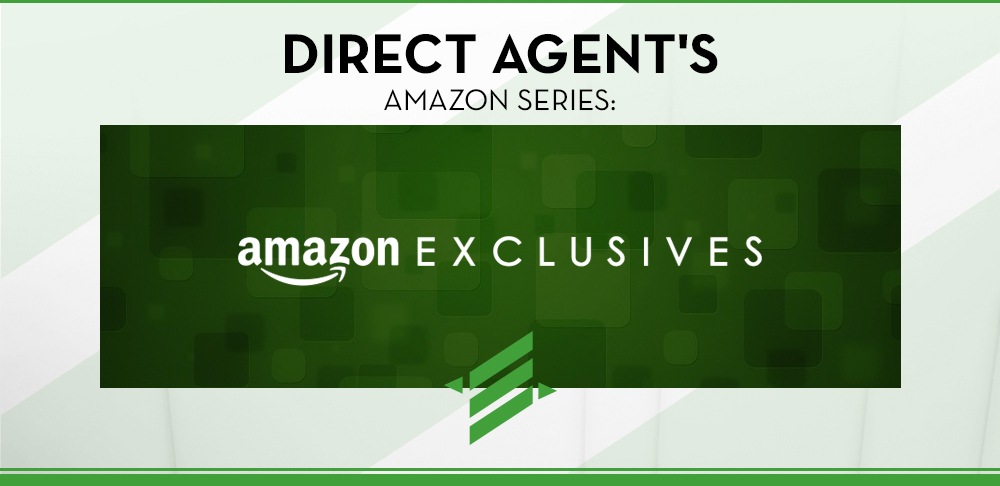In 2015, Amazon launched Amazon Exclusives. Amazon Exclusives grew immensely in the first year; what started with just fifteen sellers turned into more than 600 brands and 200,000 products with sales growing by more than 250%.
If your brand fits the qualifications, Amazon Exclusives can be a useful program that is still underutilized by brands. So what is Amazon Exclusive? Amazon Exclusive allows brands to add more detail to their product descriptions, full HTML components, charts, high-quality images, videos, etc. Amazon Exclusives also prioritizes strong brand protection for its members, preventing others from selling your product, as well as knockoffs. Amazon’s dedication to strong branding is highlighted by their personal brand manager that they provide Exclusives members in order to help develop your product’s recognition.
Amazon promises four primary benefits to its Amazon Exclusive Members:
- Lower Marketing Costs: Amazon Provides tools to help brands increase the discoverability of their products.
- Promotional features that give brands access to email campaigns, unique deals, giveaways, branded content, and more.
- Enhanced protection from unauthorized and counterfeit sellers.
- Fulfillment by Amazon, which allows you to leverage Amazon Prime to deliver products within two days.
So why wouldn’t you become an Amazon Exclusive member? While Amazon Exclusives may be a great fit for many sellers, there are also some cons to keep in mind when weighing out the factors. For instance, Amazon takes a larger sum of the sales for allowing you access to their premium features; the commission varies depending on the product. As an Exclusive Member, you are also restricted to using Amazon as your only E-Commerce channel, which can limit your potential earnings.
If you think the pros outweigh the cons of the Amazon Exclusives program, there are still more aspects to consider. To participate in the Amazon Exclusives Program, you must meet the following requirements for each applicable product:
- You must be the brand owner of the product.
- You must register your brand through the Amazon Brand Registry.
- You must fulfill the product exclusively using the Fulfillment by Amazon service.
- You cannot sell the product through sales channels other than Amazon marketplace sites, your own branded websites or your physical stores.
However, it’s important to keep in mind that just because a seller matches these requirements, it does not always mean they will be accepted.
There is a lot to think about when it comes to Amazon Exclusives. While it has increased sales dramatically for some businesses, is the bigger commission and selling constraints worth it? For all your questions about your Amazon strategy, Direct Agents has an answer. Be sure to contact [email protected] for more information about our winning Amazon strategy.



